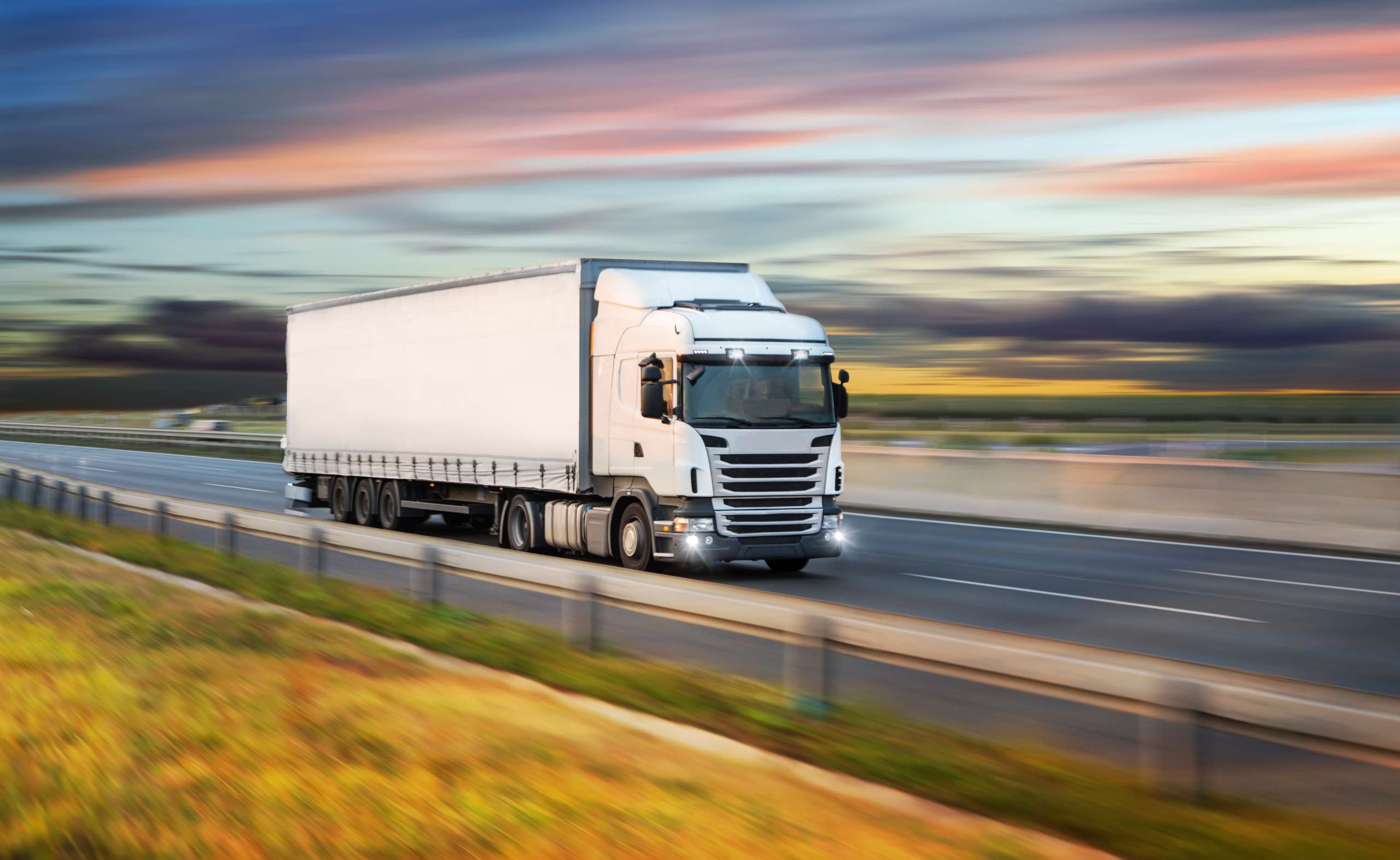The year 2020 brought many changes to the way businesses operate, both in Australia and internationally. With lockdowns, border closures, shortages of goods, and supply chain issues, each industry has found ways to work under the ‘new normal’. Road and marine freight transport have evolved – and therefore so have the risks associated with these industries. Here at GSK Insurance we believe it is vital to understand the new risks that are a result of the COVID-19 global pandemic in order to mitigate any additional hazards, and to understand what is covered by your transport insurance policy.
Disruptions to supply chain, warehousing and distribution
Especially at the beginning of the COVID-19 pandemic, we saw a huge shortage of key products, as well as demand issues related to receiving international goods, or due to lockdowns resulting in reduced capacity at warehouses and distribution centres. As the situation continues to change, it’s likely we will continue to see rushes and quiet periods as the industry copes with the high demand and catches up on the backlog. A spike in demand can lead to an upturn for your business – but it’s important that the warehouse and supply chain is equipped to deal with the increase in turnover.
Policies that cover COVID-19 related claims
Under certain environmental insurance policies, there may be coverage for COVID-19 related expenses such as extra sanitation and cleaning. However, as always, each policy must be individually scrutinised to determine if it covers this specific event. It is best to check your policy to see if any costs will be covered before taking measures for additional services as a result of the pandemic.
Making a claim due to COVID-19
If you need to lodge a claim related to COVID-19, it is best to get started recording specific information such as relevant dates, losses and damages as soon as possible. Check with your insurance policy what documentation you will require for the claiming process. It’s equally important to check your policy for clauses related to vacancy and similar, with so many commercial business spaces being left vacant while remote working is taking place. In order to mitigate losses, it’s recommended you regularly check up on your vacant business premises, and ensure that they are adequately secured.
Employee risks
With the move to remote working, as well as evolving work requirements and the financial stress of the COVID-19 global pandemic, there is a higher risk of fraudulent or dishonest behaviour from employees. This brings with it an increased risk of financial loss, loss of resources or a tarnishing of reputation if these situations are not handled carefully. Review HR policies and undertake careful background checks for potential new hires. Offences as a result of misconduct or dishonesty may remove cover from claims, so it is paramount that any issues stemming from employee misconduct are avoided.
Border controls/lockdowns
For interstate transport, be aware of the requirements in each state for entering and bringing in goods, as they are often changing. Border controls can lead to delays in delivery of goods, so ensure you are prepared for this in your business structure. Keep up to date with current border closures or local guidelines to ensure there are no further delays due to incomplete paperwork or failure to understand the requirements for moving goods between states.
Mitigate any WHS risks
Social distancing guidelines are likely to remain for quite some time, and this may lead to reduced operations to ensure that social distancing can be maintained at all times. With reduced staff can come other risks in a Work Health and Safety capacity, so it is as important as ever to maintain excellent WHS standards. The COVID-19 guidelines set by each state government are constantly changing, and it is important you understand the current WHS guidelines, and that they are enforced in each sector of the road freight and transport industry.
COVID-19 specific WHS guidelines
Extra sanitation is a necessity, in warehouses and distribution centres as well as all vehicles. Employees must adhere to strict hand sanitation and hand-washing guidelines as per local government mandates. Some extra sanitation and deep cleaning may be covered by your insurance policy, so it may be worth looking into. For example, this may be the case under a Public Liability insurance policy where business premises are potentially exposed to COVID-19 contamination – in this scenario, your policy may cover you for sanitation from an accredited provider. As stated, it is best that before hiring a third party to undertake a deep clean, you check with your policy to see if it is covered.
Stay up to date
The local situation is constantly evolving, and it can change from one day to the next – as we’ve seen in recent times with the Victorian and Western Australian lockdowns. Subscribe to Government alerts to keep on top of the ever-changing guidelines, and what it means specifically to the road, marine freight and transport industries.
Review your current policy
An up-to-date insurance policy created specifically to your needs is vital to the ongoing protection of your business, particularly during the uncertainty of this global pandemic. Ensure you understand what your policy currently covers, whether it covers any COVID-19 related events or losses, or if you need to make amendments to your policy. If you are not sure how best to mitigate the new risks to the road freight and transport industry, reach out to your GSK Insurance broker.


